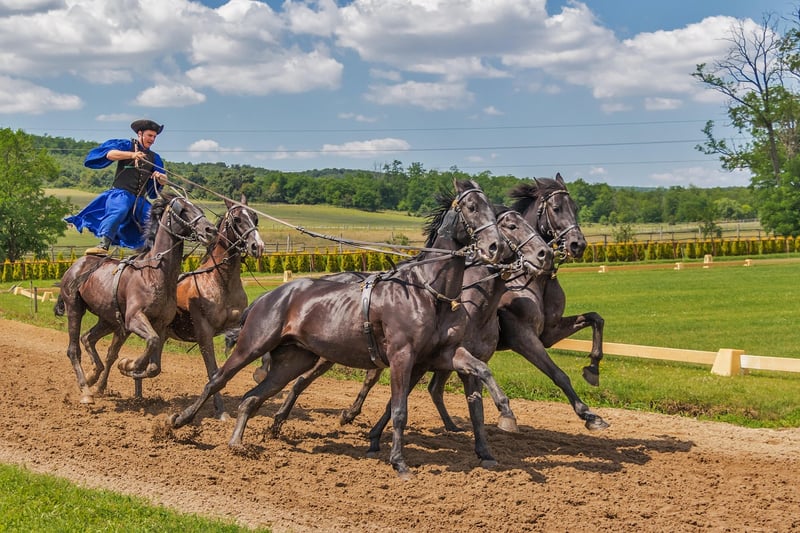Historical Events
Exploring Different Eras and Historical Events
History is a tapestry woven with threads of different eras and events that have shaped the world we live in today. By delving into the past, we can gain a deeper understanding of how societies, cultures, and civilizations have evolved over time. Let's take a journey through some significant historical periods and events that have left an indelible mark on humanity.
Ancient Civilizations
Ancient civilizations such as the Egyptians, Greeks, Romans, and Mesopotamians laid the foundation for many aspects of modern society. From the construction of the pyramids in Egypt to the philosophical teachings of Socrates and Plato in Greece, these early civilizations made remarkable advancements in areas such as architecture, philosophy, and governance.

The Middle Ages
The Middle Ages, also known as the Medieval period, spanned roughly from the 5th to the 15th century. This era saw the rise of powerful empires such as the Byzantine Empire and the Holy Roman Empire. It was a time of great social, political, and religious change, including the Crusades and the Black Death, which had a profound impact on Europe and the rest of the world.

The Age of Exploration
The Age of Exploration, starting in the 15th century, marked a period of significant global discovery and expansion. Explorers such as Christopher Columbus, Vasco da Gama, and Ferdinand Magellan set sail to explore new lands and establish trade routes. This era led to the Columbian Exchange, the transatlantic slave trade, and the integration of diverse cultures around the world.

The Industrial Revolution
The Industrial Revolution, which began in the 18th century, ushered in a new era of industrialization, urbanization, and technological advancements. Inventions such as the steam engine and spinning jenny revolutionized manufacturing processes and transformed societies from agrarian to industrial economies. This period laid the groundwork for modern capitalism and the rise of the working class.

World Wars and the Cold War
The 20th century was marked by two devastating world wars and the ideological struggle of the Cold War. World War I and World War II reshaped global politics, borders, and alliances, leading to the formation of international organizations such as the United Nations. The Cold War rivalry between the United States and the Soviet Union defined much of the post-World War II era and had far-reaching consequences.

Conclusion
Exploring different historical eras and events allows us to appreciate the complexities of human history and the interconnectedness of past and present. By studying the triumphs and tribulations of civilizations throughout time, we can learn valuable lessons that inform our understanding of the world and inspire us to shape a better future.
